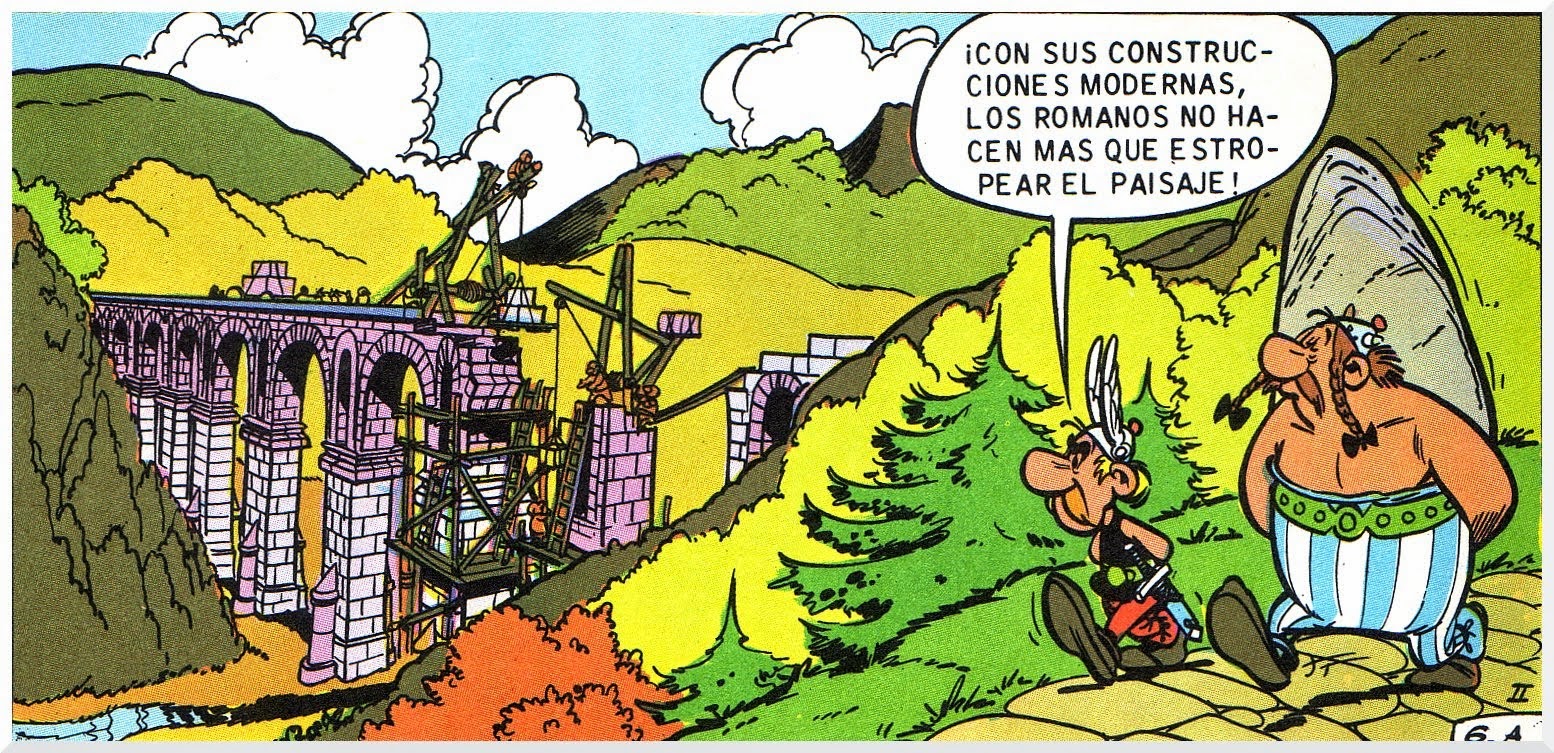The poppy has a long association with
Remembrance Day. But how did the distinctive
red flower become such a potent symbol?
Scarlet corn poppies grow naturally in conditions of disturbed earth
throughout Western Europe. The destruction brought by the Napoleonic wars of the
early 19th Century transformed bare land into fields of blood red poppies,
growing around the bodies of the fallen soldiers.
In late 1914, the fields of Northern
France and Flanders were once again ripped open as World War One raged through
Europe's heart. Once the conflict was over the poppy was one of the only plants
to grow on the otherwise barren battlefields.
The significance of the poppy as a lasting memorial symbol to the fallen
was realised by the Canadian surgeon John McCrae in his poem “In Flanders
Fields”, written in the remembrance of a soldier friend.
In Flanders fields the poppies blow
Between the crosses, row on row,
That mark our place; and in the sky
The larks, still bravely singing, fly
Scarce heard amid the guns below.
We are the Dead. Short days ago
We lived, felt dawn, saw sunset glow,
Loved and were loved, and now we lie,
In Flanders fields.
Take up our quarrel with the foe:
To you from failing hands we throw
The torch; be yours to hold it high.
If ye break faith with us who die
We shall not sleep, though poppies grow
In Flanders fields.
The poppy was adopted by The Royal British Legion as the symbol for
their Poppy Appeal, in aid of those serving in the British Armed Forces, after its
formation in 1921.

















































